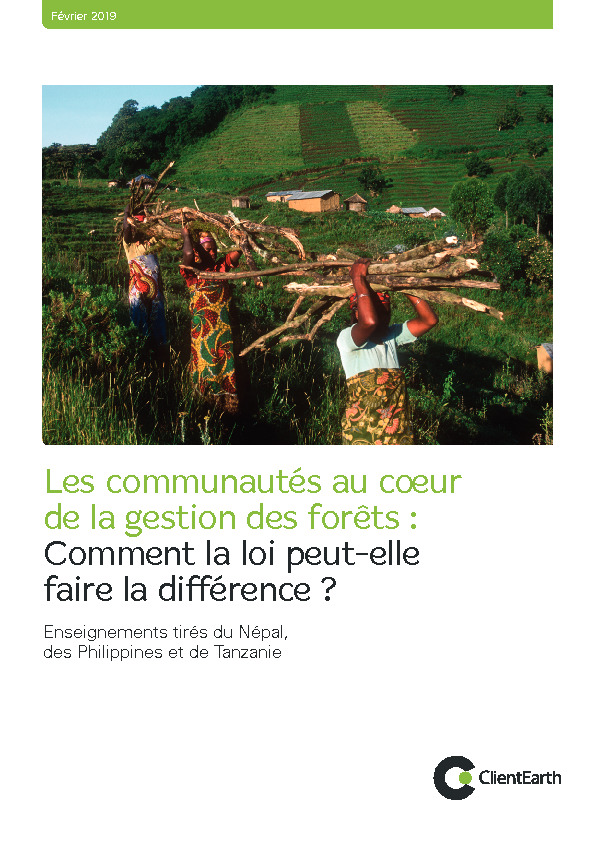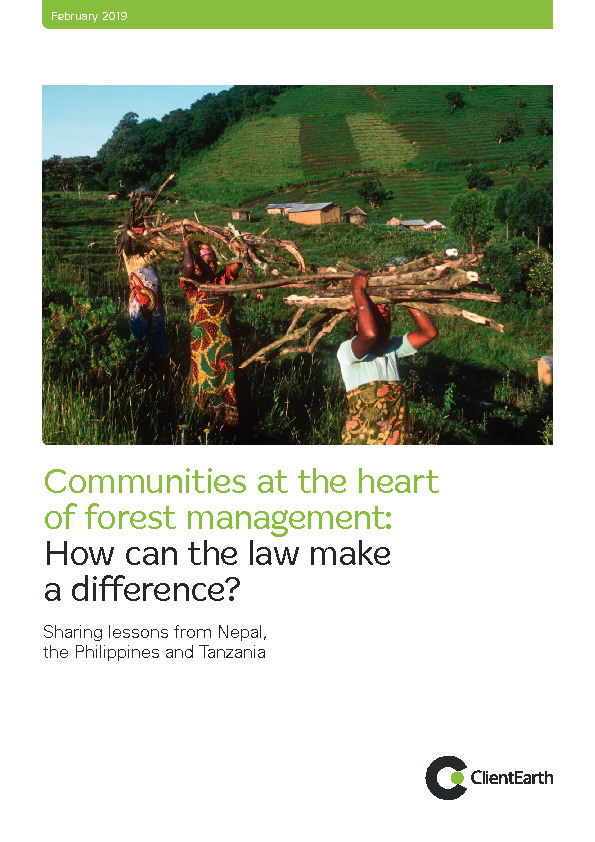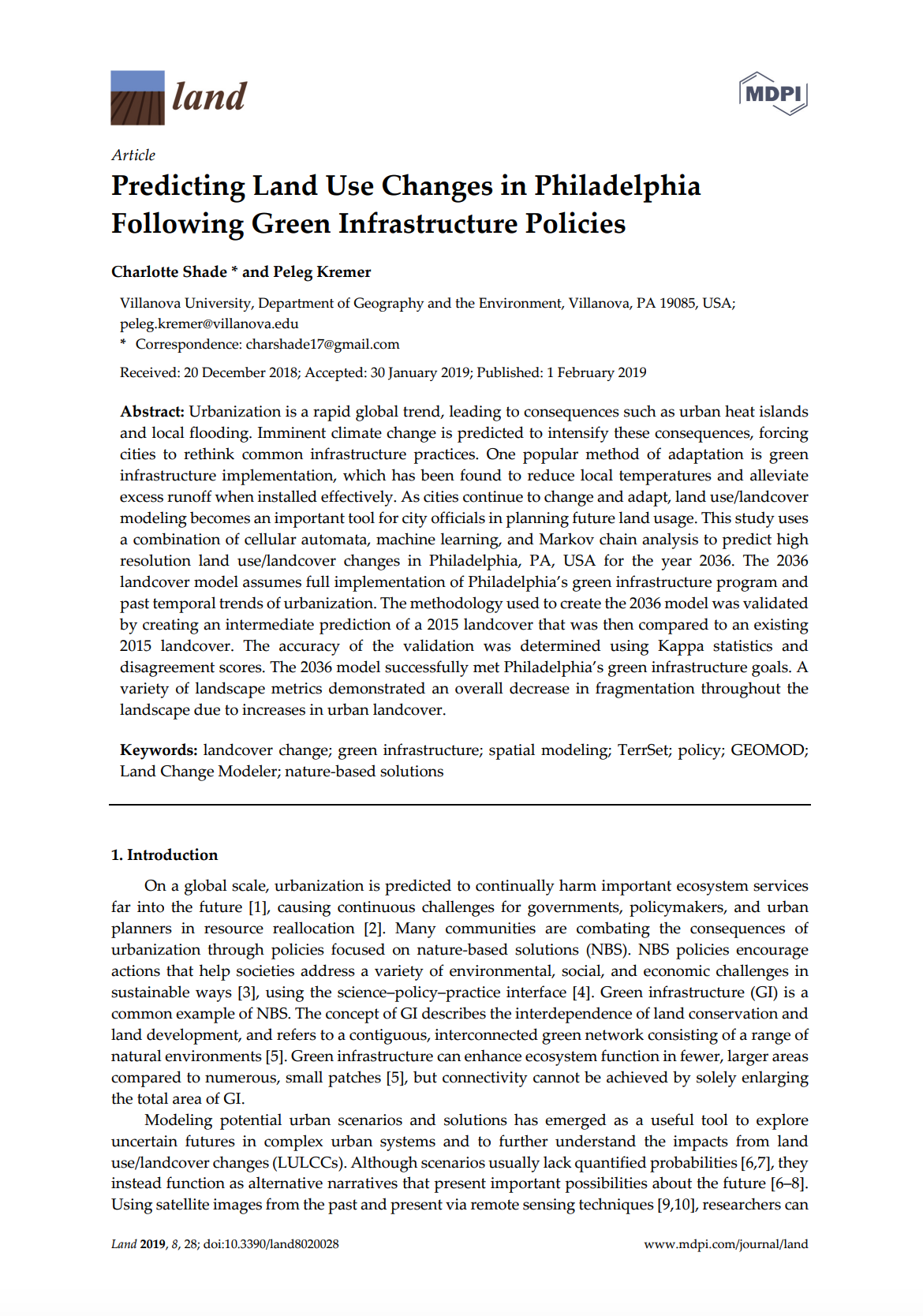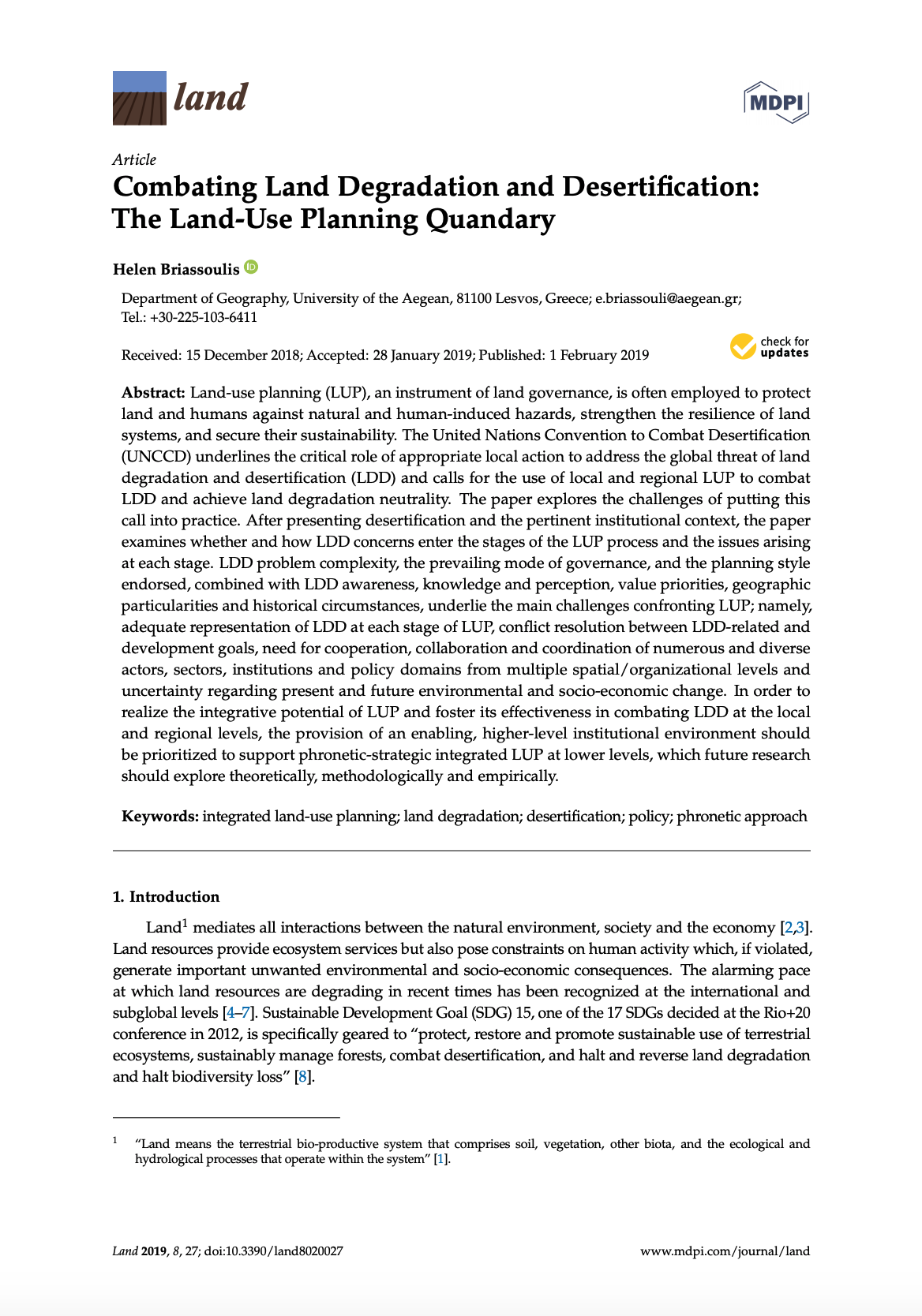Analysis of High Temporal Resolution Land Use/Land Cover Trajectories
In this study, methods, originally developed to assess life course trajectories, are explored in order to evaluate land change through the analysis of sequences of land use/cover. Annual land cover maps which describe land use/land cover change for the 1985–2017 period for a large region in Northeast Brazil were analyzed. The most frequent sequences, the entropy and the turbulence of the land trajectories, and the average time of permanence were computed. Clusters of similar sequences were determined using different dissimilarity measures.
What Awaits Myanmar’s Uplands Farmers? Lessons Learned from Mainland Southeast Asia
Mainland Southeast Asia (MSA) has seen sweeping upland land use changes in the past decades, with transition from primarily subsistence shifting cultivation to annual commodity cropping. This transition holds implications for local upland communities and ecosystems. Due to its particular political regime, Myanmar is at the tail of this development.
Predicting Land Use Changes in Philadelphia Following Green Infrastructure Policies
Urbanization is a rapid global trend, leading to consequences such as urban heat islands and local flooding. Imminent climate change is predicted to intensify these consequences, forcing cities to rethink common infrastructure practices. One popular method of adaptation is green infrastructure implementation, which has been found to reduce local temperatures and alleviate excess runoff when installed effectively. As cities continue to change and adapt, land use/landcover modeling becomes an important tool for city officials in planning future land usage.
Combating Land Degradation and Desertification: The Land-Use Planning Quandary
Land-use planning (LUP), an instrument of land governance, is often employed to protect land and humans against natural and human-induced hazards, strengthen the resilience of land systems, and secure their sustainability. The United Nations Convention to Combat Desertification (UNCCD) underlines the critical role of appropriate local action to address the global threat of land degradation and desertification (LDD) and calls for the use of local and regional LUP to combat LDD and achieve land degradation neutrality. The paper explores the challenges of putting this call into practice.
Deforestation and Forest Degradation as an Environmental Behavior: Unpacking Realities Shaping Community Actions
Deforestation and forest degradation (D&D) in the tropics have continued unabated and are posing serious threats to forests and the livelihoods of those who depend on forests and forest resources. Smallholder farmers are often implicated in scientific literature and policy documents as important agents of D&D. However, there is scanty information on why smallholders exploit forests and what the key drivers are. We employed behavioral sciences approaches that capture contextual factors, attitudinal factors, and routine practices that shape decisions by smallholder farmers.
Les communautés au coeur de la gestion des forêts : Comment la loi peut-elle faire la différence ?
Ce rapport vise à donner des lignes directrices pour l'élaboration de cadres juridiques sur la foresterie communautaire. Il offre des recommandations et un cadre de réflexion pour l'ensemble des acteurs engagés dans la création, la mise en œuvre ou la révision des législations relatives à la foresterie communautaire, en particulier la société civile.
Communities at the heart of forest management: How can the law make a difference?
This report is intended to provide guidance to develop enabling legal frameworks governing community forestry. It offers recommendations and a framework for reflection for all actors engaged in creating, implementing or revising laws on community forestry, and for civil society in particular.
Drawing lessons from the design and implementation of community forestry laws in Nepal, the Philippines, and in Tanzania, this report revolves around the ten following building blocks to consider in order to develop supportive frameworks governing community forestry:
Predicting Land Use Changes in Philadelphia Following Green Infrastructure Policies
Urbanization is a rapid global trend, leading to consequences such as urban heat islands and local flooding. Imminent climate change is predicted to intensify these consequences, forcing cities to rethink common infrastructure practices. One popular method of adaptation is green infrastructure implementation, which has been found to reduce local temperatures and alleviate excess runoff when installed effectively. As cities continue to change and adapt, land use/landcover modeling becomes an important tool for city officials in planning future land usage.
Combating Land Degradation and Desertification: The Land-Use Planning Quandary
Land-use planning (LUP), an instrument of land governance, is often employed to protect land and humans against natural and human-induced hazards, strengthen the resilience of land systems, and secure their sustainability. The United Nations Convention to Combat Desertification (UNCCD) underlines the critical role of appropriate local action to address the global threat of land degradation and desertification (LDD) and calls for the use of local and regional LUP to combat LDD and achieve land degradation neutrality. The paper explores the challenges of putting this call into practice.
Resilience and housing markets: Who is it really for?
Ten years after the Global Financial Crisis, this research examines how resilience theory and rhetoric relating to the economy and housing markets has been translated into policy and practice. The methodology involves a case study of a city (Auckland) with a nationally dominant housing market and high unaffordability. Via secondary literature and a series of interviews we analyse questions connected to resilience from what, how, by whom, and discuss the implications and limits of the approach.
Integrated farm management for sustainable agriculture: Lessons for knowledge exchange and policy
As a response to the environmentally and socially destructive practices of post-war mechanization and intensification, the concept of sustainable agriculture has become prominent in research, policy, and practice. Sustainable agriculture aims to balance the economic, environmental, and social aspects of farming, creating a resilient farming system in the long-term. Over the last few decades, various concepts have been used in research and policy to encourage the adoption of sustainable practices.







